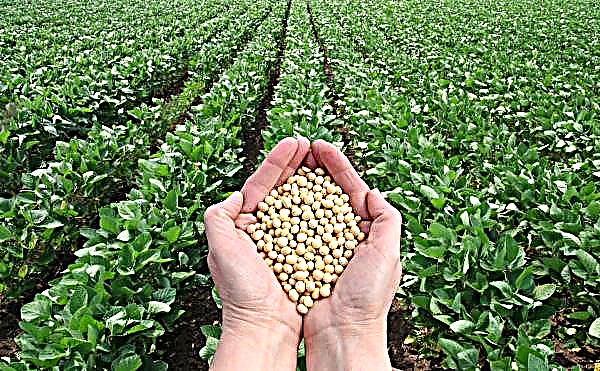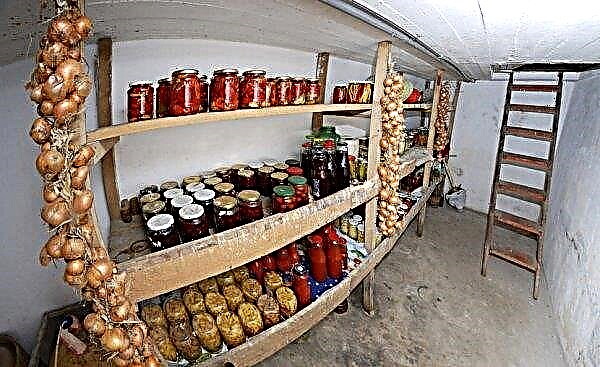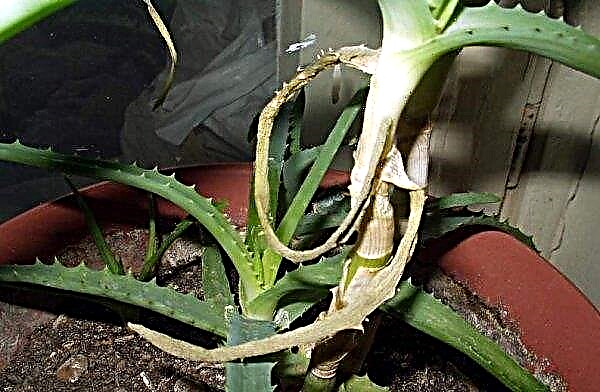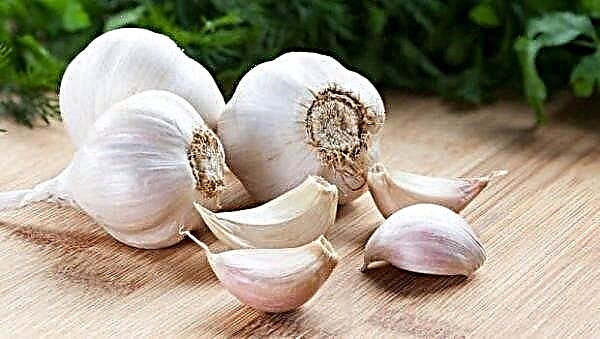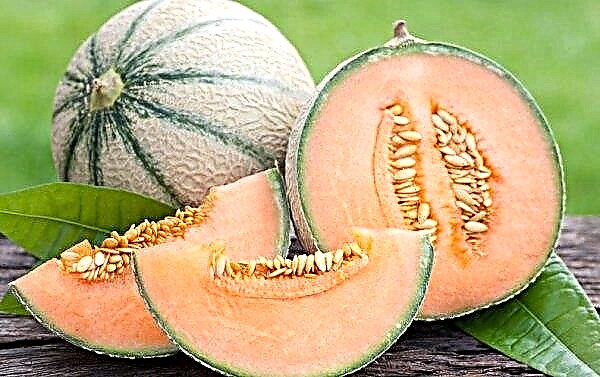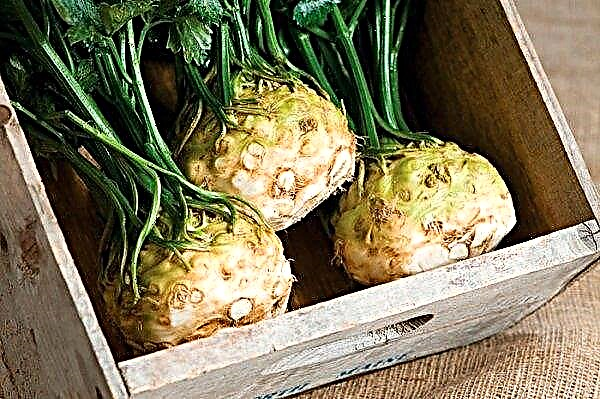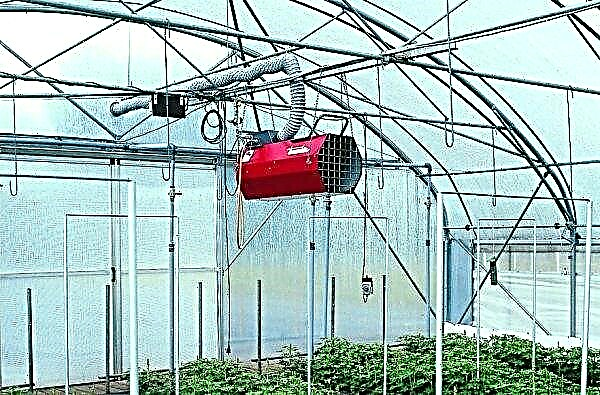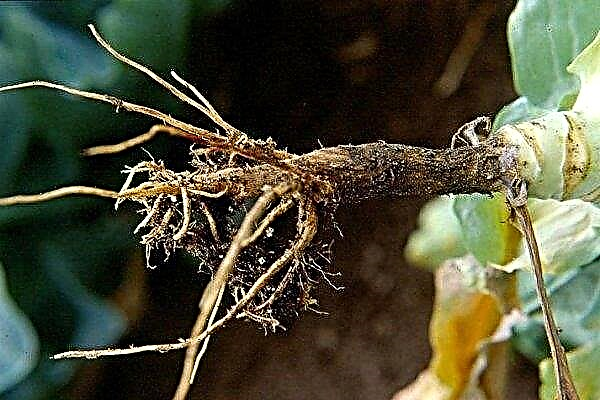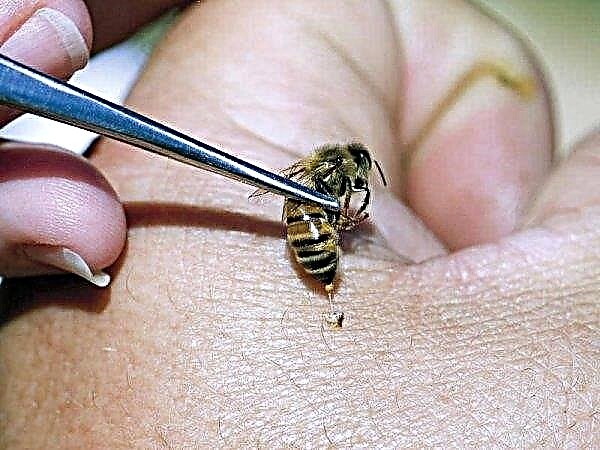Simon Ruiz, a biologist at Talci University, has developed a genetically modified maize variety with high resistance to drought. The variety can withstand about 52 days without rain.
Field studies have shown that grain quality was better in young corn of a new variety, and plants reached 80% of their potential yield. At the same time, plants without a resistance gene reached only 20% of their potential yield.
According to researchers, both plants with a stable gene and an unstable gene have grown. However, grain production was significantly reduced in maize with an unstable gene.

This breakthrough in science may mean that corn can be grown on land that is not currently used in Chile.
According to reports, Ruiz, who is a molecular biologist, originally intended to find ways to use 2 million hectares. arid and semi-arid lands in Chile considered unsuitable for agricultural cultivation.

With a new variety of corn, they have every chance to enter the agricultural circulation and turn into green fields, giving high yields of genetically modified crops.

